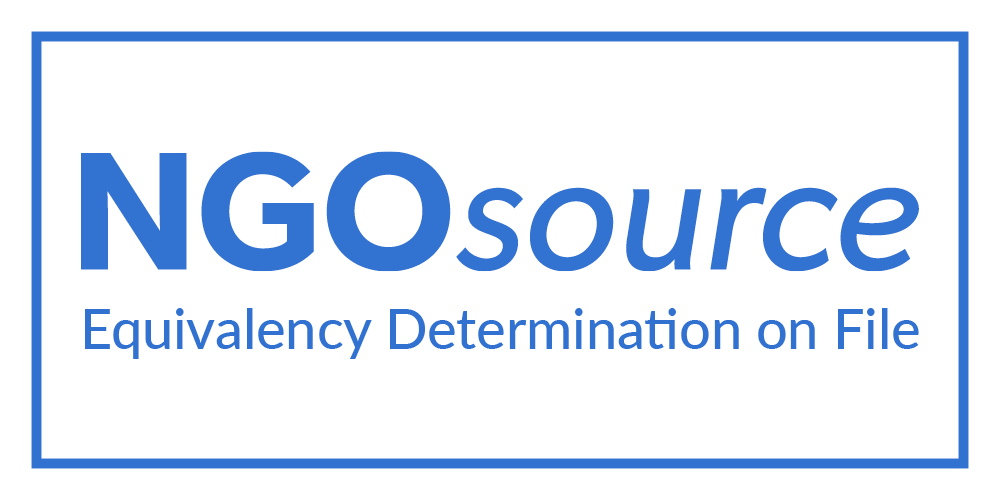HIV Prevention Research Among Mineworkers
Mineworkers are a key population at risk of HIV infection and transmission.
The South African National Strategic Plan for HIV, tuberculosis and sexually transmitted infections (2017-2022) recommends focusing prevention efforts in this population in line with the United Nations vision of zero new HIV infections (1). HIV prevalence in mineworkers (24%) is higher than the national adult average (49%)(2). The mining sector in South Africa has been affected by the HIV epidemic but improved access to affordable and effective treatment through prevention programmes has improved the quality of life of Mineworkers(3). The National guidelines recommended a nationwide roll-out of anti-retroviral treatment to HIV positive individuals regardless of the CD4 count from September 2016.
Aurum researchers under the leadership of Profs Geoff Setswe and Salome Charalambous have been funded by Anglo American plc to conduct AZIKO mineworker project: A study on social risk factors driving HIV infection in mineworkers. The aim of this study is to understand the social risk factors driving new HIV infections among miners at three mining operations in the Northern Cape (Kolomela iron ore), Limpopo (Amandelbult platinum) and Mpumalanga (Zibulo coal). This study will use a sequential exploratory mixed-method design in three mines belonging to Anglo American in South Africa, in two phases.
The formative, qualitative phase will include in-depth interviews with mineworkers, healthcare providers and community members. The following categories of participants will be invited (i) HIV positive miners; (ii) HIV-negative miners; (iii) healthcare providers and (iv) community members.
The formative, qualitative phase will include in-depth interviews with mineworkers, healthcare providers and community members. The following categories of participants will be invited (i) HIV positive miners; (ii) HIV-negative miners; (iii) healthcare providers and (iv) community members.
Findings from the qualitative component will be used to inform data collection activities for the quantitative phase. Social risk factors such as HIV knowledge, living conditions, access to and uptake of HIV prevention services will be investigated. The quantitative phase is a nested case-control study with an open cohort of HIV zero-different mineworkers enrolled at the 3 mines in South Africa. Research assistants will collect information on demographics, clinical, HIV knowledge and HIV risk history and health seeking. Information on knowledge and beliefs will also be conducted. No follow-up will be conducted.
Ultimately, the study wants to determine individual and social risks of HIV infections between cases and controls, reasons provided for enabling HIV transmission in mineworkers between cases and controls and reasons for uptake and access of HIV prevention services.
Aurum researchers under the leadership of Prof Salome Charalambous and Dr Candice Chetty were funded by the CDC and International Organisation of Migration (IOM) to conduct a programmatic intervention to improve access to TB and HIV services for Mozambican mineworkers migrating between their homes and the mines in South Africa called MATCH-T Project. This study was conducted in collaboration with Right to Care between July 2017 and September 2018. 1,000 participants were enrolled in this study and the project was completed successfully on time, on target and on budget.
Ultimately, the study wants to determine individual and social risks of HIV infections between cases and controls, reasons provided for enabling HIV transmission in mineworkers between cases and controls and reasons for uptake and access of HIV prevention services.
Aurum researchers under the leadership of Prof Salome Charalambous and Dr Candice Chetty were funded by the CDC and International Organisation of Migration (IOM) to conduct a programmatic intervention to improve access to TB and HIV services for Mozambican mineworkers migrating between their homes and the mines in South Africa called MATCH-T Project. This study was conducted in collaboration with Right to Care between July 2017 and September 2018. 1,000 participants were enrolled in this study and the project was completed successfully on time, on target and on budget.




